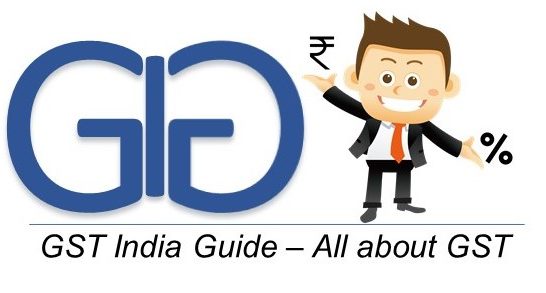
Between Fine Lines by CA. (Dr.) Gaurav Gupta
A group insurance cover is not a statutory obligation like ESI and is typically taken for those not covered under ESI (workers having monthly wages below Rs. 21,000). However, as per recent Order No. 40-3/2020-DM-I (A) dated 15th April 2020 (MHA Order) issued as part of the Consolidated Revised Guidelines by Ministry of Home Affairs (MHA), GOI, the following instructions regarding mandatory obtaining of health insurance by employers are provided in the circular:
Para 21. All industrial and commercial establishments, work places, offices etc. shall put in place arrangements for implementation of SOP as in Annexure II before starting their functioning.
Amongst others, Annexure II contains the following instructions:
- Medical insurance for the workers to be made mandatory.
Thus, all industrial and commercial establishments, workplaces, offices etc. shall be under statutory obligation to obtain medical insurance for their workers for the implementation of Standard Operating Procedure (SOP) before starting their functioning. Inline, IRDAI has issued instructions to all health insurance companies vide their letter no. Ref: IRDAI/HLT/CIR/MISC/093/04/2020 dated April 16, 2020 (“Letter”) whereby it has been said that all General and Health Insurance companies may offer comprehensive health insurance policies either to individuals or groups in order to enable the listed organisations / employers / establishments comply with the above referred directions. It is further instructed to the insurance companies that all General and Health Insurance companies may offer comprehensive health insurance policies either to individuals or groups in order to enable the listed organisations / employers / establishments comply with the above referred directions. Thus, it may be said that medical insurance is a subset of Health insurance limiting itself to hospitalisation and treatment expenses.
While the MHA Order uses the word, Medical insurance, the Letter uses the term “Health insurance”. The two terms are often used interchangeably, however, they have slight distinction. Health insurance not only covers all the hospitalization expenses but also covers all the expenses such as pre-hospitalization and post-hospitalization which includes ambulance costs and related expenses. One can say that it is a comprehensive insurance policy. Medical insurance offers limited coverage to hospitalization expenses and treatment towards the pre-specified ailments and accidents. Medical insurance doesn’t offer any add-on coverage like health insurance. Thus, it is important to note that what is made mandatory is the medical insurance and not comprehensive health insurance and since Medical insurance is only a subset of health insurance, one must take suitable precuation to ensure that his insurance is covered as medical insurance as per MHA Order. It is further highlightes that MHS order No. 40-3/2020-DM-I(A) dated May 1, 2020, even insurance does not find specific mention, and thus, the same may be clarified by MHA as to whether such requirement of insurance is mandatory henceforth or not.
Is Input Tax Credit available on Health Insurance
Input Tax Credit is available on all Input services used or intended to be used in the course or furtherance of business. However, as per Section 17(5)(b) of the CGST Act, 2017, Input tax Credit of health insurance is not avaiable except where it is obligatory for an employer to provide the same to its employees under any law for the time being in force (proviso is read by some experts so strictly to disallow health insurance in all cases ). Thus, with effect from April 15, 2020, it has become mandatory for every employer to obtain medical insurance for the workers and thus, the Input Tax Credit on such medical insurance shall be available. However, in order to be sure that the insurance obtained by them falls within the ambit of instructions issued by MHA, a letter may be obtained from the insurance company that the medical insurance policy obtained by the assessee falls within the ambit of the MHA guidelines. This will help in establishing their case that the policy taken is not beyond what was made obligatory by the MHA.
Situation where part of the premium is recovered from employees
Cases where the part of the premium paid by the company is charged from the employee, it would amount to non payment of such amount to the insurance company by them and would be counted as payment by the employee. A specific note should be placed in the employment letter to this effect to ensure that this amount collection does not fall prey to supply definition. Further, Input Tax Credit should be restricted to percentage of amount not recovered from the employees and balance should be taken by the registered assessee. for eg. a total premium of Rs. 100,000 is paid and Rs. 40,000 is recovered from employees, In such case, Input Tax Credit proportinate to the amount not paid by the employees i.e. Rs. 60,000 is avialable to the assessee employer.
Situation where premium covers family members of employees
Cases where the premium paid by the assessee provides cover towards the parents, and family members of the employees, such premium would also not be eligible for the Input Tax Credit. In case of group insurance, no demarcation can be made towards coverage of different persons as the overall premium provides pre defined insurance coverage to different class of persons. In such cases, since the MHA guidelines is limited to insurance of workers, such benefit would not extend to the premium paid by the assessee which coveres family or parents of the workers. It is thus suggested to obtain seperate policies towards workers.

